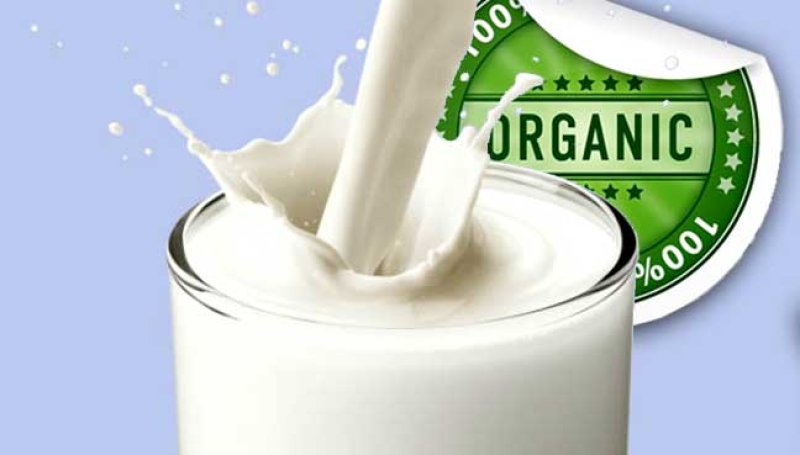[T]he affinity for buying and eating organic has spread like wildfire, especially in the last couple of years. People are increasingly considering their buying decision towards organic food as more than just an alternative; many see it as a moral and social responsibility for the good health of their family members. It is a common belief that organic food is more natural, healthier and even more ethical. Let’s investigate these ingrained notions one by one to determine their veracity.
What do people even mean when they say organic? In fact, there is a lack of global consensus on the definition of organic….On top of that, not all organic foods are ‘completely’ organic. For example, in Canada, if the label says “organic,” it contains around 90-95% organic ingredients. Items labeled with a “made with organic ingredients” sticker may contain only 70-80% organic ingredients. Only when a label say “100% organic” is it fully organic. However, our minds are convinced that once we spot the term ‘organic’ on the packaging, we think of it as fully organic, and marketers can greatly benefit by charging heavy premiums for semi-organic items.
Read full, original article: Is Organic Food Really Better/Healthier?































